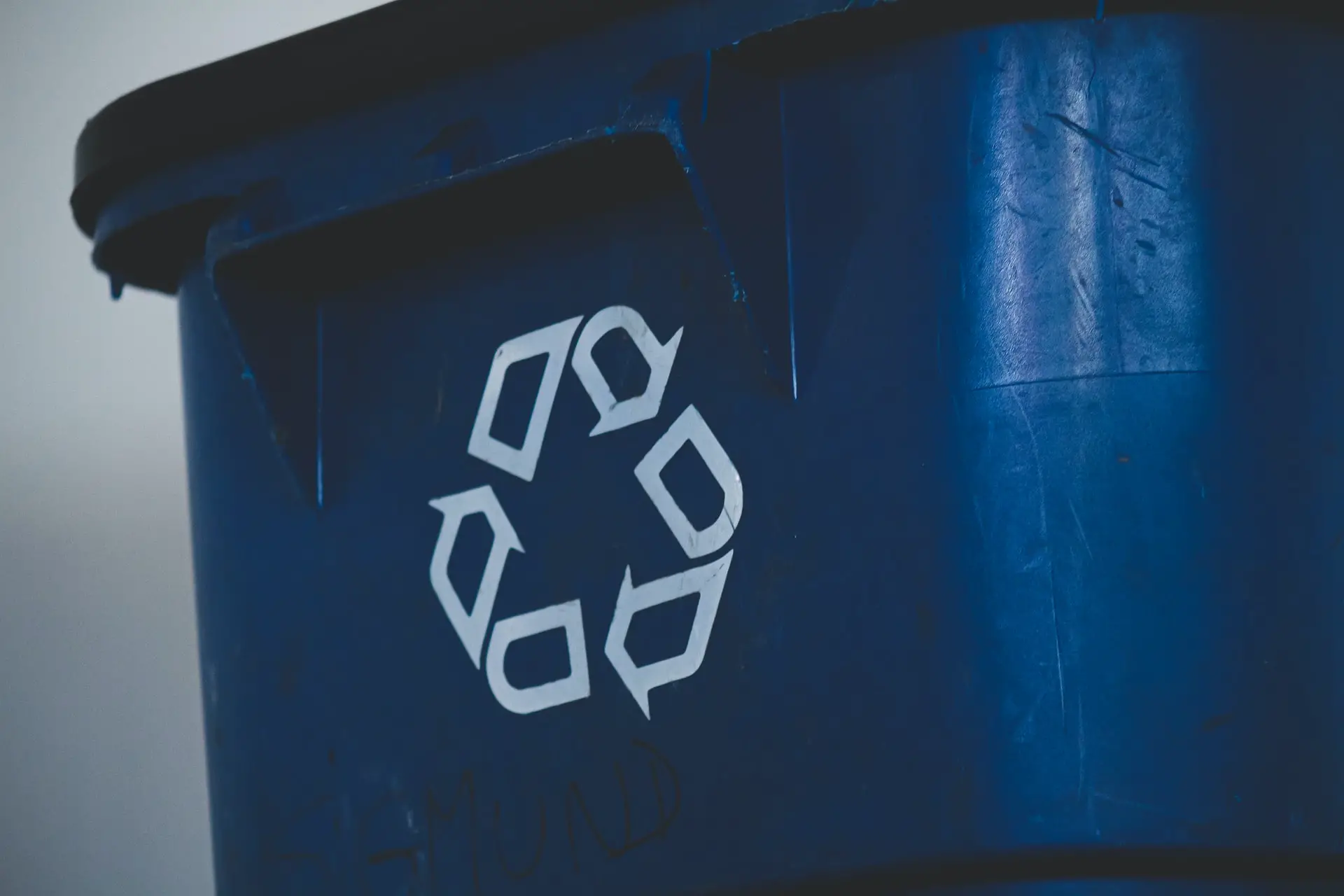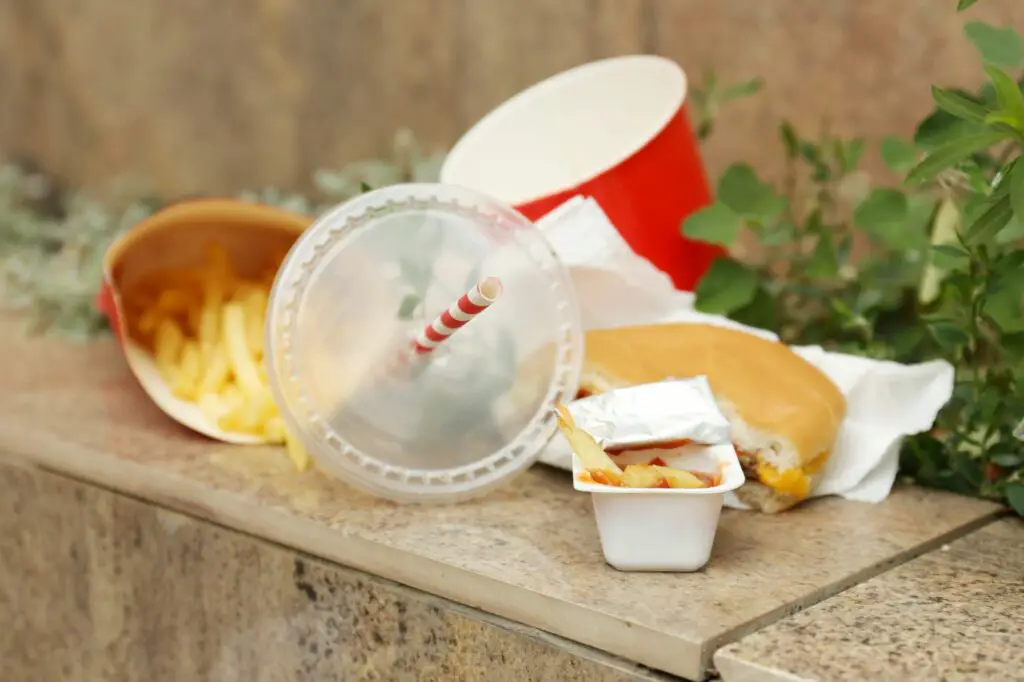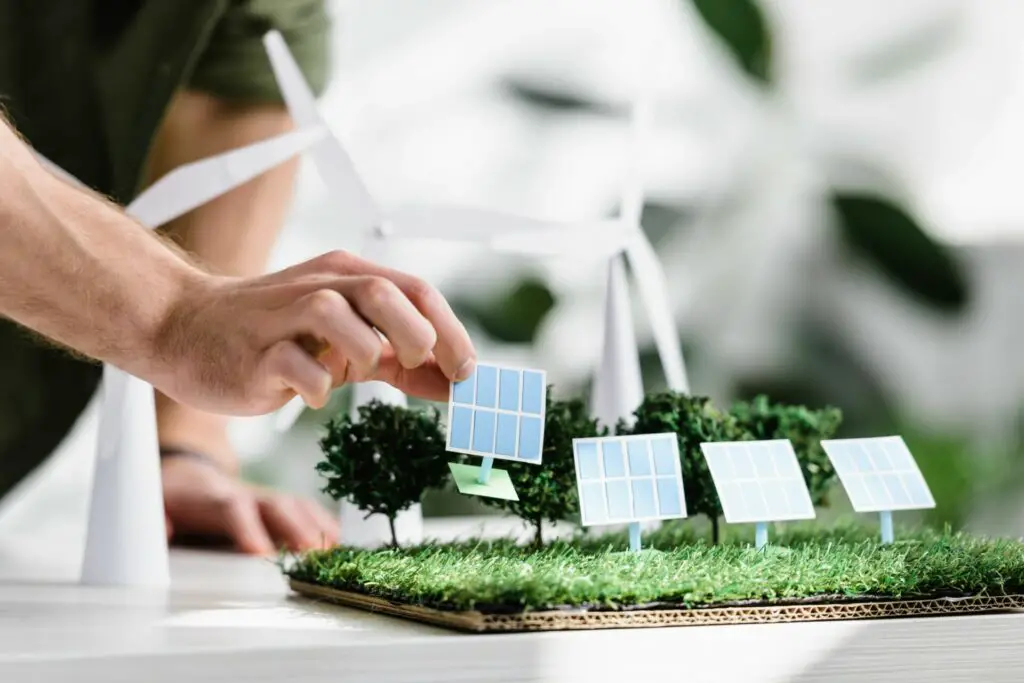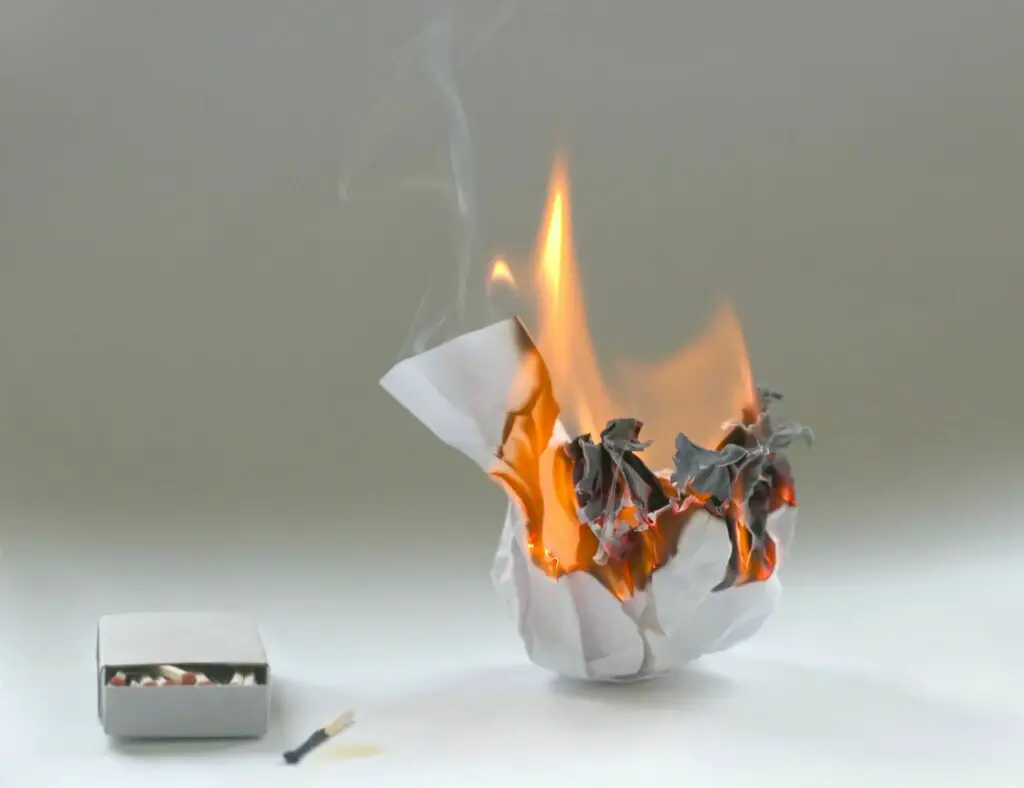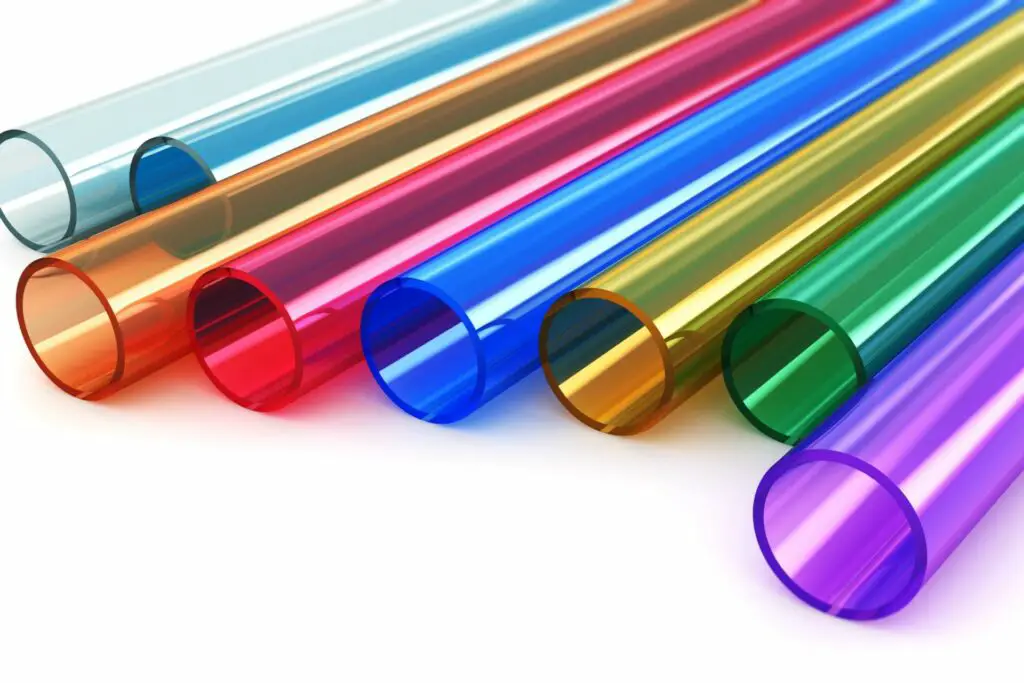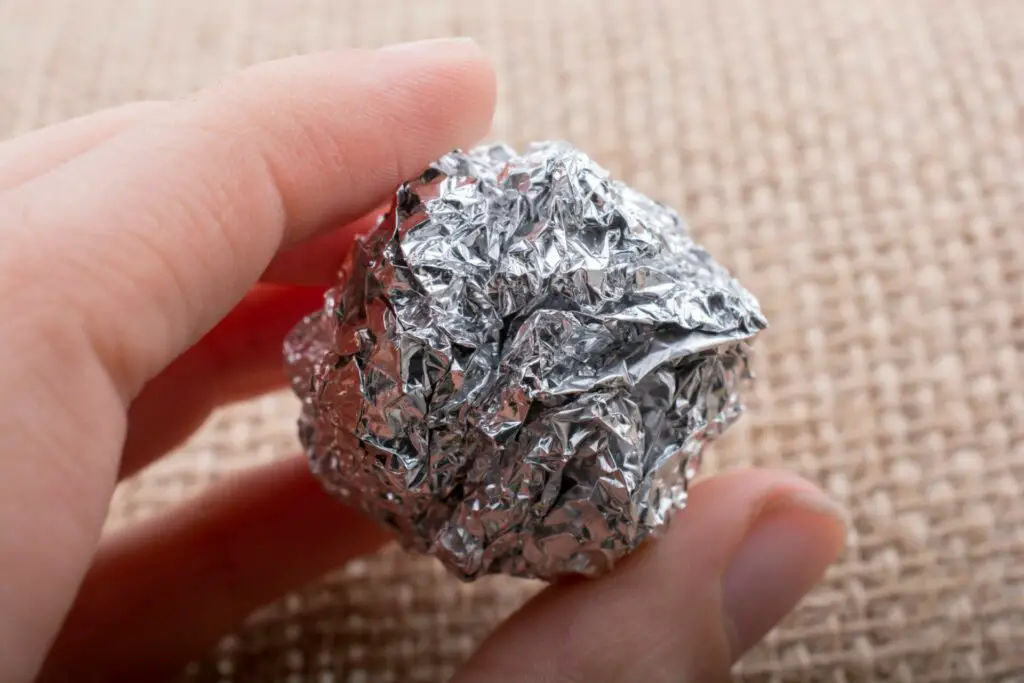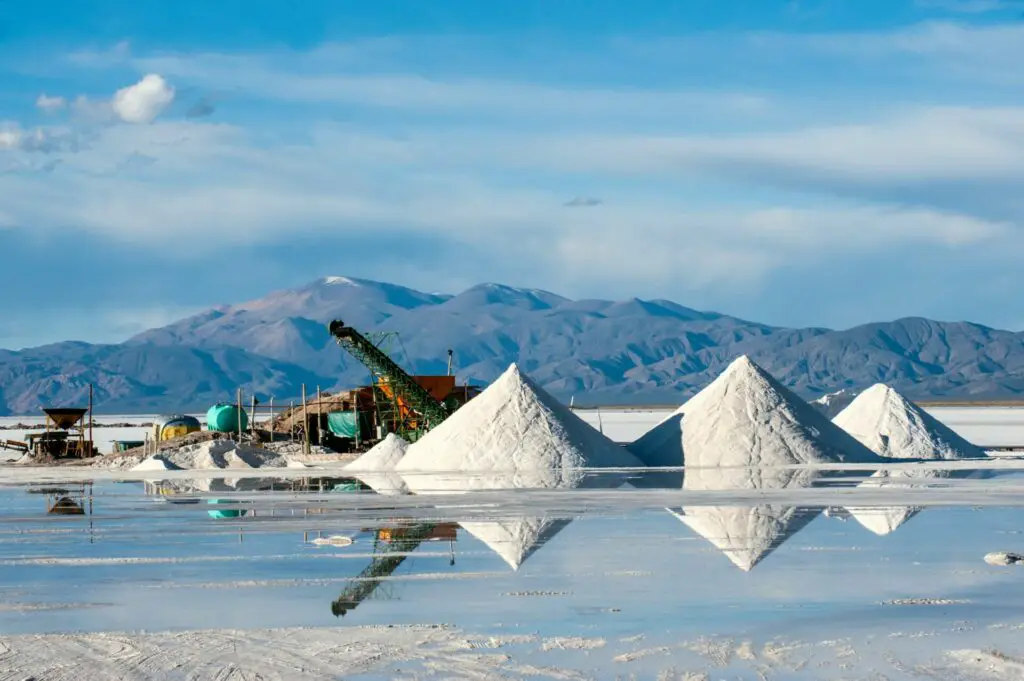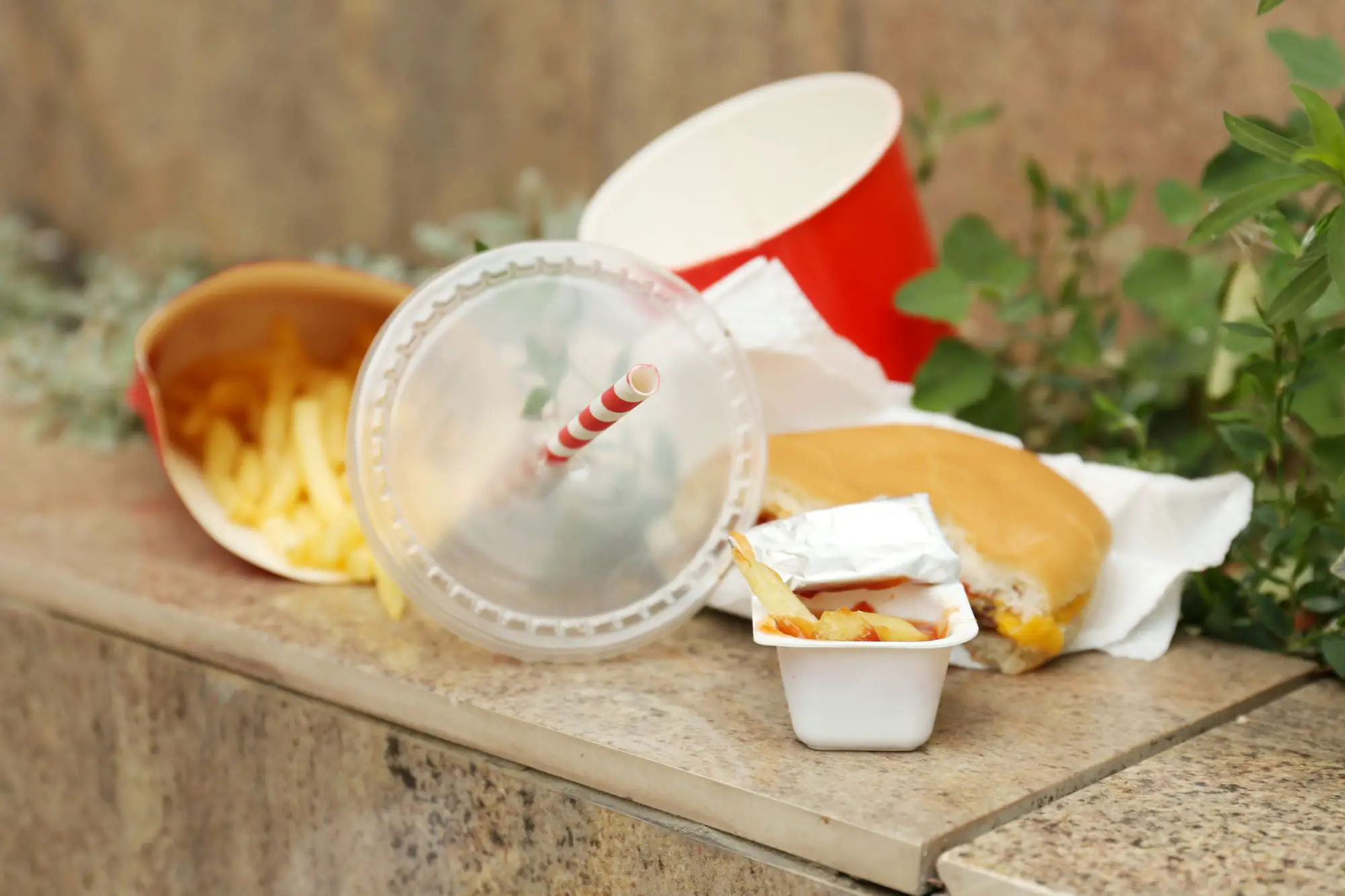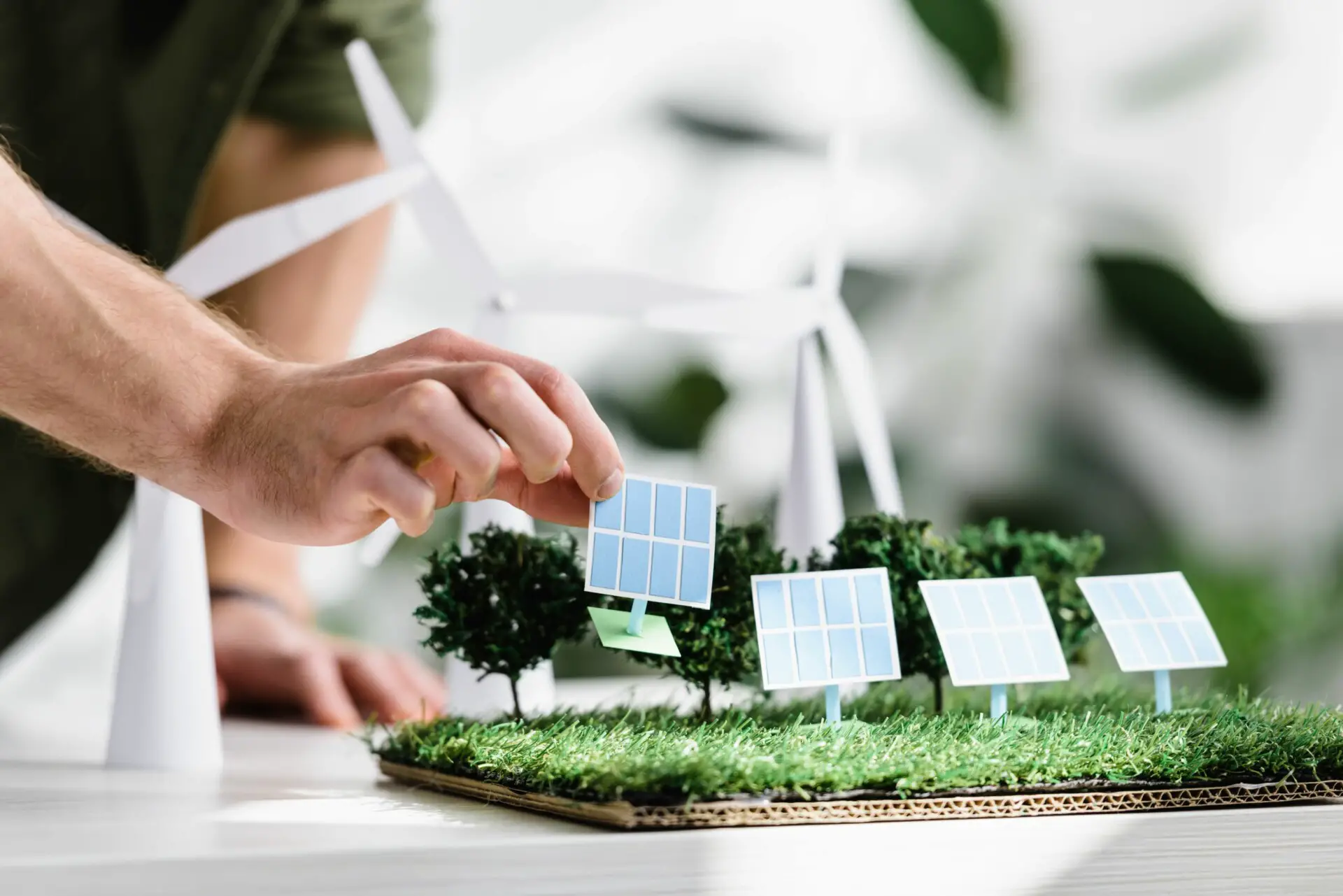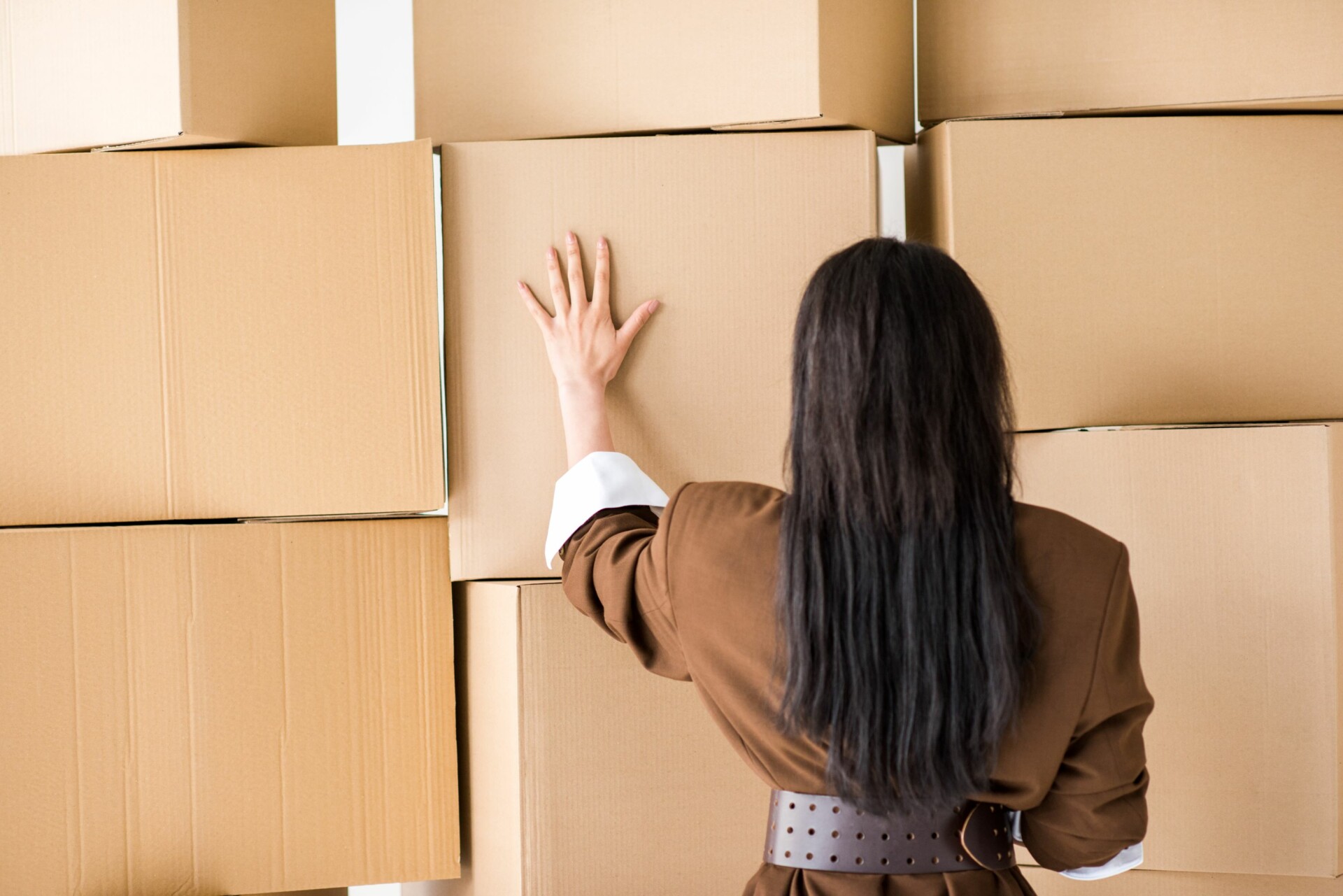Cambridge dictionary says anything eco-friendly is “designed to have little or no damaging effect on the environment”.
Yet, recycling undoubtedly harms the environment. That’s because recycling is, after all, a manufacturing process that requires mechanical manipulation of materials.
So, to answer the question, “Is recycling eco-friendly?“, we must first ask ourselves, “compared to what?“
Is recycling a piece of paper more eco-friendly than throwing it in the garbage? Yes.
But is recycling a piece of paper more eco-friendly than reusing paper or reducing how much we use? No.
It’s also important to remember that recycling is only more eco-friendly than trash when it’s done well.
When we place non-recyclables in the recycling bin we contaminate perfectly good materials and waste more energy.
How Does Recycling Affect the Environment?
Even though recycling isn’t as eco-friendly as the first two R’s (“Reduce” and “Reuse”), it’s a better option than putting your waste in the garbage.
It keeps materials out of landfills and oceans. And it reduces the need to make new materials from scratch by taking even more resources from nature.
Recycling Conserves Natural Resources
When we recycle glass, for example, we can make new bottles and jars without the necessity of limestone that has been extracted from mines.
By recycling, we reduce the demand for materials that require mining, logging, and drilling.
These resource-extraction processes cause deforestation, a lack of biodiversity, erosion, and water pollution.
Materials like plastic, glass, and metal are made of non-renewable resources. If we continue to use them, unchecked, we’ll eventually run out, leaving future generations with fewer options.
Recycling also reduces litter and landfills, which in turn, reduces the amount of trash that makes its way into the ocean.
According to the FAO, over 40% of the world’s population lives near the coast. When plastic and other toxic materials poison marine life, we reduce our chances for global food security.
Additionally, recycling saves water and energy. Recycling paper saves 47-50% more water and 60% more energy than making paper from raw materials.
Recycling Reduces Greenhouse Gas Emissions
Landfills emit methane, a potent greenhouse gas.
Globally, landfills are responsible for emitting 18% of all human-caused methane emissions.
When we recycle materials we keep them out of landfills, and by keeping them out of landfills we are reducing the methane emissions that contribute to global warming and climate change.
Producing paper, cardboard, plastic, metals, and glass from raw materials requires a large amount of energy.
Virgin materials have to be extracted from the earth, and then transformed and also transported through various stages.
The energy to extract, transform, and transport materials is usually produced by burning fossil fuels. When fossil fuels are burned they emit greenhouse gases as well.
Recycling isn’t perfect though. The act of recycling also requires burning fossil fuels. But:
- The extraction stage is skipped.
- Less transporting is involved.
- And, recycled materials go through fewer transformation processes.
Therefore, recycling burns less fossil fuel than production from virgin material.
Is Recycling More Eco-Friendly Than Landfills?
Many of the world’s larger landfills receive an average of 10,000 tons of garbage… per day.
Landfills are toxic because of the methane gas they emit into the atmosphere as discussed above.
But landfills are also detrimental to our health because all landfills eventually leak. The runoff contaminates nearby water supplies with toxic chemicals.
Sadly, many communities located near landfills have already consumed contaminated drinking water.
The toxic chemicals that leak into groundwater not only cause problems for public health but can also contaminate entire ecosystems.
Lastly, one of the issues with waste that’s bound for landfill, is that a lot of trash never even actually makes it to landfill, because lightweight trash can get blow off the truck.
This loose litter often makes its way into waterways.
What Are Eco-Unfriendly Aspects of Recycling?
Recycling is a manufacturing process and as such, it hurts the environment.
Recycling processes require energy and resources. The energy for manufacturing and transportation is often obtained by burning fossil fuels, which create carbon emissions.
Many recycling processes also require the use of toxic chemicals, for example, the surfactants that are used when recycling cardboard.
Lastly, recycling only works when someone is on the receiving end, i.e. someone that’s going to buy the material.
After the announcement of China’s 2018 recycling ban, many cities were left without a buyer. This cash loss has led many cities to abandon their municipal recycling programs.
All of that being said, the process of recycling consumes significantly less energy and creates fewer emissions than manufacturing from raw materials.
So, these “eco-unfriendly” aspects of recycling are no excuse to abandon the practice because we need to put them in perspective.
However, there’s a big caveat here: you have to recycle well for it to count.
If you have a recycling bin full of paper and cardboard and you throw an unwashed yogurt cup in the bin, you’ve just contaminated the paper and cardboard.
These are materials that must be clean and dry for proper recycling.
Maybe you think, “I’m not sure if I can recycle this, but oh well if I do it wrong, they’ll sort it out at the recycling center.”
But that’s not how it works.
When you say, “I’ll put it in the bin just in case it’s recyclable”, this is called ‘wishful recycling’. And it does more harm than good.
It slows the recycling process down and makes it more inefficient. Recycling centers without a budget to sift through your trash will send it all to a landfill.
You must take the five minutes necessary to do your research and figure out what the acceptable recycling practices are where you live.
Are There More Eco-Friendly Alternatives Than Recycling?
Recycling plays a critical role in sustainable resource management, environmental protection, and public health.
However, recycling on its own is not enough to achieve these lofty goals.
If we want to achieve sustainable resource management and reduce the effects of greenhouse gas emissions, we have to start reducing and reusing first.
Reduce
The most eco-friendly option we have is to reduce the amount of waste we are generating by reducing how much we buy.
By reducing demand, we can reduce production and the negative side effects of production.
Use a reusable water bottle, avoid take out food containers, and buy second-hand. Look for ways to cut single-use items from your life.
Reuse
Before throwing things away, look for ways to reuse them.
Keep paper that has only been used on one side, turn old clothes into rags, use newspaper as wrapping paper, and use food jars as storage containers, etc.
How Does Not Recycling Harm the Environment?
When you don’t recycle materials, you throw them in the trash.
Throwing everything away takes a harsh toll on the environment.
To get an idea of all the ways that producing from raw materials and then tossing stuff in the garbage has a negative impact – Just take all the great things that we said that recycling does for the environment, and reverse it.
When we refuse to recycle:
- We have to extract more resources from the earth to make materials.
- Resources are extracted with mining, logging, and drilling which causes deforestation, erosion, water pollution, and wildlife habitat destruction.
- We eventually run out of nonrenewable resources leaving future generations with less.
- More plastic contaminates oceans and freshwater.
- More methane and CO2 and released into the atmosphere, proliferating global warming.
- Landfills keep growing, contaminating groundwater.
- Around 47-50% more water is wasted.
Is the Recycling of All Types of Products Equally Eco-Friendly?
No, not all recycling is created eco-equal.
Recycling glass and aluminum, for example, is imperative because glass and aluminum can be recycled endlessly.
Glass and aluminum could create a closed-loop system in which we would need very little raw materials because we could sustain the supply with recyclables.
On the other hand, paper and cardboard cannot be recycled endlessly, in fact, they can only be recycled 5 to 7 times before their fibers become too short to be of any use.
Yet despite that, it’s necessary to recycle paper to keep it from accumulating in landfills.
The U.S. Environmental Protection Agency identifies paper as one of the largest sources of landfill methane.
Plastic, by no surprise, is the least eco-friendly material to recycle. Because plastic is sensitive to heat and light, it degrades easily when it’s recycled and reprocessed.
Plastic can only be made into a new plastic product 1 or 2 times.
After that, it’s used for secondary processing and made into a plastic product that cannot be recycled, like textiles or stickers.
So even though you recycle your plastic water bottle, it will eventually end up in a landfill (or worse, the ocean) where it can wreak havoc on ecosystems for 20 to 500 years.
Regardless, you should still recycle plastic, but the best option is to avoid plastic as much as possible.
Is Recycling More Eco-Friendly Than Incineration?
Yes, recycling is more eco-friendly than incineration. Incineration is not clean and it’s not sustainable.
Burning trash does nothing to reduce the demand for harvesting natural resources.
Remember that natural resources are mined, logged, and drilled from the earth, and these harvesting techniques all have devastating effects on the environment.
Waste incineration is harmful because it doesn’t do anything to make people stop and reflect on the side effects of unchecked consumerism.
This is dangerous in a world in which we rely on depleting resources.
Incineration also releases more greenhouse gases and pollutants into the environment than recycling.
“Incinerators generate harmful pollution posing a risk to human health in nearby communities. Burning trash releases dioxin, lead, mercury, hazardous ash, and greenhouse gas emissions including CO2.”
Is Recycling Mandatory or Voluntary?
In the U.S., this depends entirely on where you live.
Many cities offer active recycling programs and most of them are voluntary.
However, some US cities like Honolulu, L.A., Orlando, and Austin have made recycling programs mandatory for businesses.
Whereas, some cities like San Diego, San Francisco, Seattle, and Pittsburgh have made their recycling programs mandatory for everyone.
If you’re unaware of where your municipality stands in regards to recycling, you can check their website.
Conclusion
Recycling is harmful to the environment because it’s a manufacturing process that requires the burning of fossil fuels and the use of toxic chemicals.
However, it creates significantly fewer carbon emissions, and therefore, is less harmful to the environment than landfills and incineration.
Despite its flaws, recycling is important because it conserves natural resources and keeps trash out of landfills – if, and only if, we take the time to learn how to recycle well.
More importantly, recycling alone is not enough to protect the environment, achieve greater public health, and sustainably manage natural resources.
We must also greatly reduce how much we buy and reuse what we already have.
You Might Also Like…
- Is Fast Food Bad for the Environment? (& What You Can Do)
- Is Fabric Softener Bad for the Environment? (+5 Eco-Friendly Options)
- Is Fuel Dumping Bad for the Environment? (& How Often It Happens)
- Is Electricity Generation Bad for the Environment? (What You Should Know)
- Is Dry Cleaning Bad for the Environment? (4 Surprising Facts)
- Is Diamond Mining Bad for the Environment? (Important Facts)
- Is DEET Bad for the Environment? 4 Effects (You Should Know)
- Is Cat Litter Bad for the Environment? (5 Common Questions)
- Is Burning Cardboard Bad for the Environment? (6 Facts)
- Is Burning Paper Bad for the Environment? (6 Surprising Facts)
- Is Burning Leaves Bad for the Environment? (7 Quick Facts)
- 4 Natural Cleaners for Quartz Countertops
- 6 Eco-Friendly Acrylic Paint Brands (For Sustainable Artists)
- 5 Eco-friendly Alternatives to Acrylic Paint (& How to Make Them)
- Is Acrylic Paint Bad for the Environment? (7 Quick Facts)
- Is Acrylic Yarn Bad for the Environment? 8 Crucial Facts
- Is Acrylic Bad for the Environment? (8 Quick Facts)
- Is Aluminum Foil Bad for the Environment? 7 Quick Facts
- Is Bleach Bad for the Environment? 6 Crucial Facts
- Is Lithium Mining Bad for the Environment? 6 Crucial Facts

